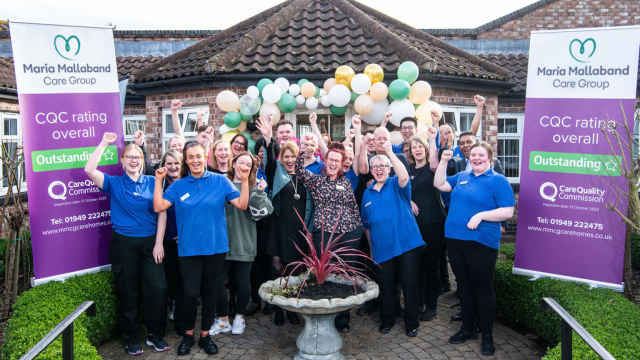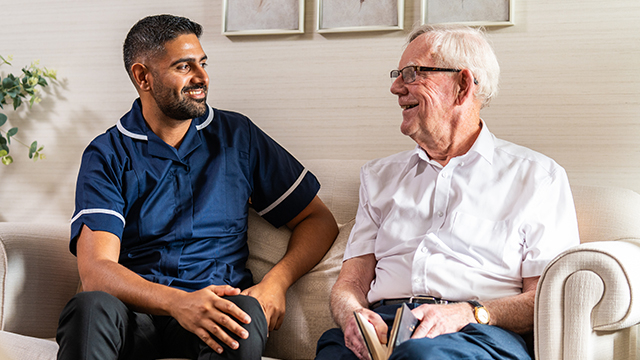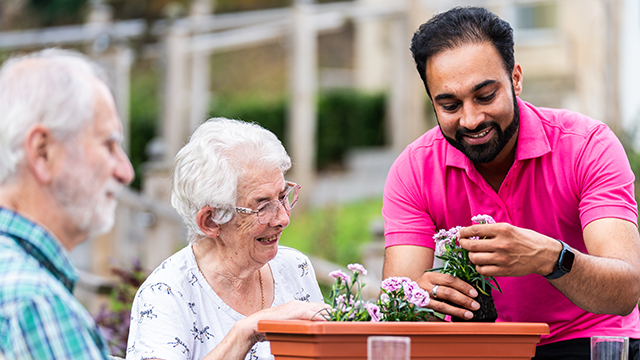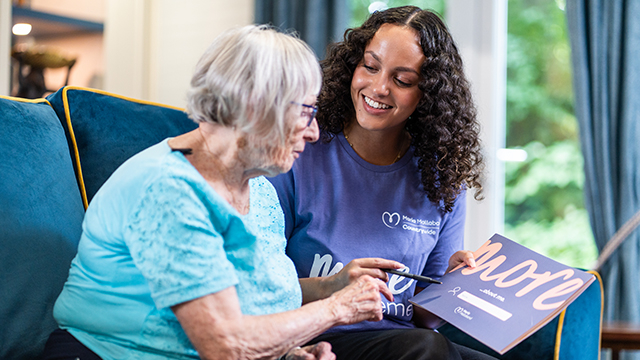Residential Care


What is Residential Care?
Residential care is for people who generally have low care needs and don’t require regular medical treatment, but do require support and assistance with day-to-day living. At Maria Mallaband Care Group, our residential care homes provide this assistance in over 80 locations across the UK – offering safe environments that encourage independence and promote positive wellbeing through our More…Lifestyle activities programme and nutritious home-cooked food.
Our care homes are filled with people who are passionate about care, and who we trust to put the happiness and wellbeing of residents at the heart of everything they do. On hand to provide personal care assistance 24 hours a day, they offer support, encouragement and companionship in homely environments.










